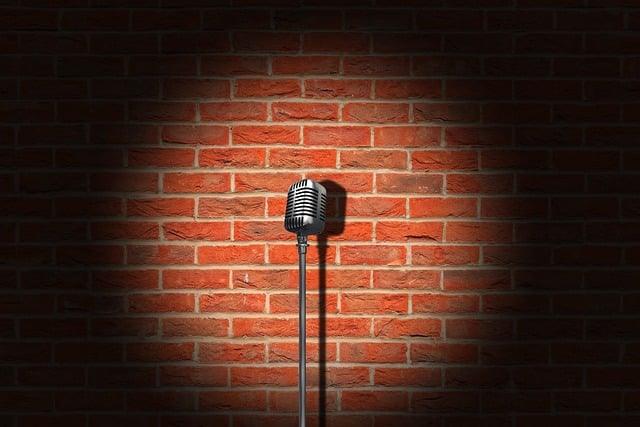
A soliloquy is a reflection out loud and usually done alone.
From the Latin soliloquĭum , a soliloquy is a reflection carried out out loud and, often, alone. The concept is associated with the monologue and speech of this type performed by a character in a dramatic work.
Soliloquy is uninterrupted speech (that is, it does not appeal to or allow an interlocutor to participate or respond) that conveys thoughts or emotions. It is a subjective declamation and of psychological value since it allows access to the interior of the subject in question.
Despite its characteristics, the soliloquy can cover a dialogue that the person maintains with himself, with an object or with a being incapable of speaking (such as a plant or an animal). This resource allows the subject to express their feelings even when they are alone.
Soliloquies in literature
One of the most famous soliloquies in history is the one written by William Shakespeare for his play “Hamlet,” where the main character picks up a skull and exclaims: “To be or not to be, that is the question.”
However, one of the most important soliloquies in Spanish literature should not be overlooked either. We are referring to the one that gives shape to one of the most significant works of the Valladolid writer Miguel Delibes , winner of prestigious national and international recognitions such as the Prince of Asturias Award or the Cervantes Award .
More precisely, it is the novel titled “Five Hours with Mario,” which was published in 1966 and which has been staged on several occasions, and always with great success. It tells how Carmen Sotillo has just lost her husband, Mario , and together with his dead body she reviews their life together.
The soliloquy of this middle-aged, upper-class woman becomes the central core of the work and thanks to that we manage to discover the personalities of both figures, the best and worst moments they had to go through during their marriage or the reproaches they she performs to her husband.

The comedy genre known as stand-up is usually based on soliloquies.
Theatrical and television resource
In the same way, we must not overlook the fact that in recent years shows that take place in theaters and even in television programs and that revolve around soliloquies have become very fashionable. These are spaces where various actors perform monologues of a very varied type with which the audience can feel identified and with which they can be moved and laugh in equal measure.
The soliloquy, therefore, is a speech that the person maintains with himself. When spoken out loud, what would have been an internal monologue becomes another type of expression, very useful for theatrical performances.
The idea of soliloquy in colloquial language
In everyday language, the soliloquy has a derogatory charge , since it is usually associated with madness or a lack of will or ability for interpersonal communication.
“After a soliloquy of almost half an hour, the man left the room and left the attendees stunned” is an expression that shows this use.
